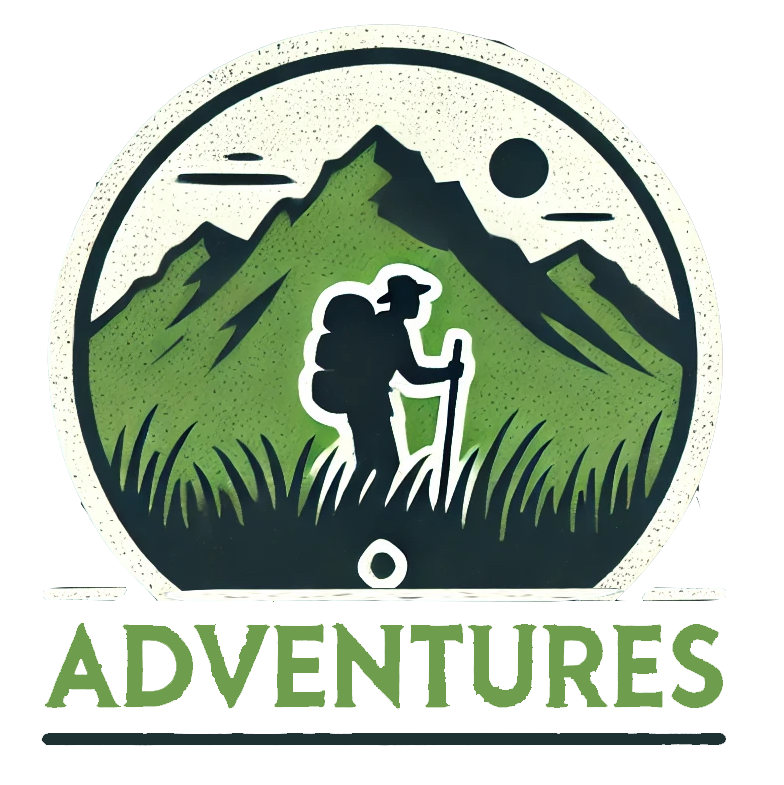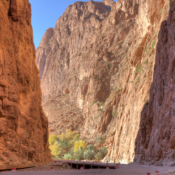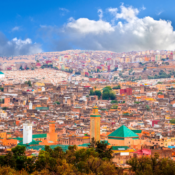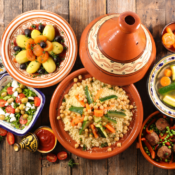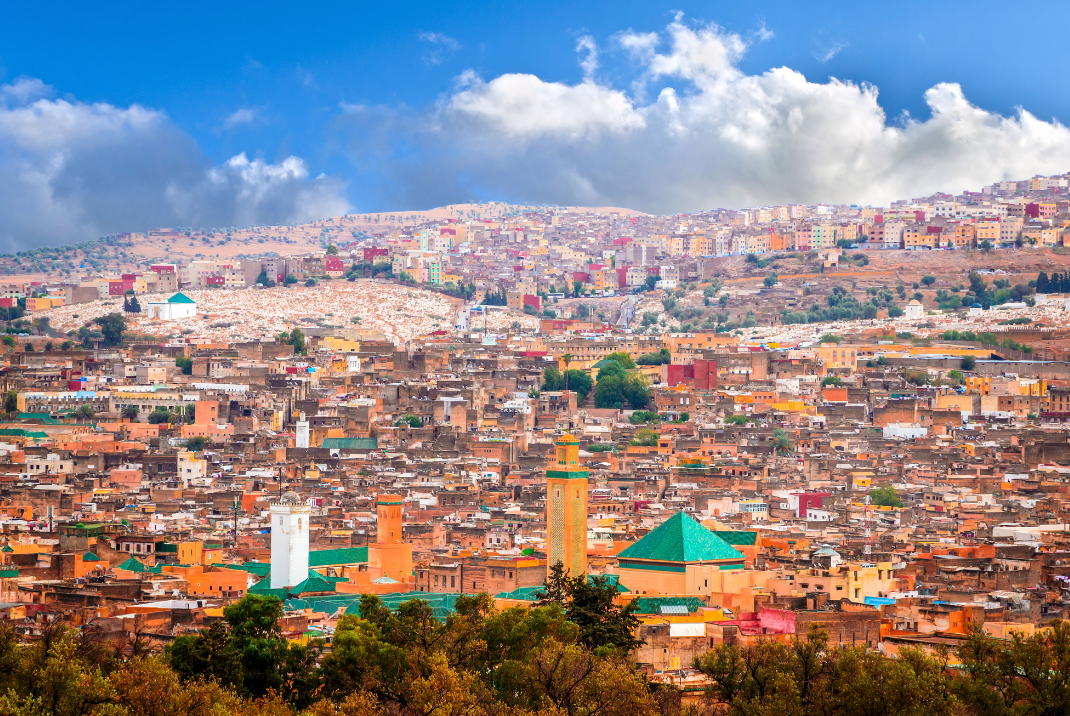
7 Fascinating Facts: Where Is Morocco Located? A Complete Geographic Guide
Understanding where is Morocco located reveals why this captivating country has been a cultural crossroads for centuries. Situated in Northwest Africa, Morocco occupies a privileged position at the continent’s doorstep to Europe, with coastlines along both the Atlantic Ocean and Mediterranean Sea. Let’s explore 7 key geographic facts that explain Morocco’s unique location and why it matters.
Table of Contents
1. Exact Coordinates: Where Is Morocco Located on the World Map?
Morocco’s precise geographic position is:
- Latitude: Between 27° and 36° N
- Longitude: 1° and 13° W
- Hemisphere: Northern
- Time Zone: GMT (UTC+0) in winter, GMT+1 in summer
This places Morocco:
- Just 14km (8.7 miles) from Spain across the Strait of Gibraltar
- South of Europe, north of Western Sahara
- West of Algeria (though land borders are currently closed)
Visual Tip: On most world maps, look for the northwest “corner” of Africa – that’s Morocco!
2. Strategic Borders: What Countries and Seas Surround Morocco?
When examining where is Morocco located, its boundaries tell a fascinating story:
| Border | Feature | Significance |
| North | Mediterranean Sea | 500km coastline with historic ports like Tangier |
| West | Atlantic Ocean | 1,300km coast with surfing hotspots |
| East | Algeria | 1,559km border (currently closed) |
| South | Western Sahara | Disputed territory with unique desert landscapes |
Fun Fact: On clear days, you can see Spain from Morocco’s northern coast!
3. Distance From Major Global Cities
Understanding where is Morocco located globally:
- London: 2,000km north (3hr flight)
- New York: 5,600km west (7hr flight)
- Dubai: 5,300km east (6.5hr flight)
- Dakar: 2,100km south (3.5hr flight)
Travel Insight: Morocco’s central location makes it an ideal stopover between Europe and sub-Saharan Africa.
4. Why Morocco’s Location Shaped Its History
The answer to where is Morocco located explains its rich cultural blend:
- Phoenician traders established ports here 3,000 years ago
- Roman empire built cities like Volubilis
- Arab conquests brought Islamic influence in the 7th century
- European colonial powers vied for control due to strategic position
Modern Impact: Today, you’ll hear Arabic, Berber, French and Spanish throughout Morocco.
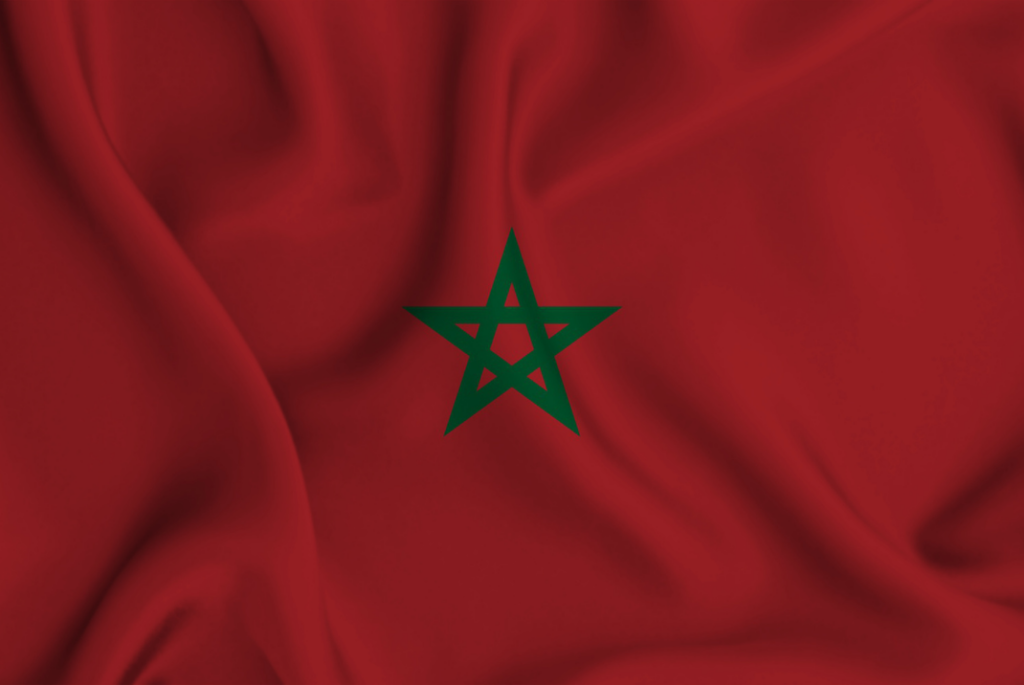
5. Geographic Diversity: From Beaches to Desert
Morocco’s location creates stunning variety:
- Mediterranean Coast: Rugged cliffs and fishing villages
- Atlantic Coast: Long sandy beaches and surf spots
- Atlas Mountains: Snow-capped peaks (skiing possible!)
- Sahara Desert: Erg Chebbi’s golden dunes
Did You Know? You can surf and ski in the same week thanks to Morocco’s diverse geography!
6. Climate Zones Based on Location
Where is Morocco located climatically?
| Region | Climate | Best Visit Time |
| Coastal | Mediterranean | April-June |
| Mountains | Alpine | December-March |
| Desert | Arid | October-November |
| Cities | Semi-arid | Spring/Fall |
Packing Tip: Bring layers – temperatures vary dramatically by region!
7. Navigating Morocco: Transportation Hub
Thanks to its location, Morocco has:
- 10 international airports (Casablanca is the busiest)
- Africa’s fastest train (Al Boraq, 320km/h)
- Modern highways connecting all major cities
- Ferries to Spain (35km crossing)
Pro Advice: Fly into Marrakech or Tangier for easiest European connections.
Experience Morocco’s Unique Location Yourself!
Now that you know where is Morocco located, let us help you explore:
- Custom tours from coastal cities to desert camps
- Cultural experiences in historic medinas
- Adventure trips in the Atlas Mountains
WhatsApp: +212694525668
Email: [email protected]
Website: www.deserttrailadventures.com
